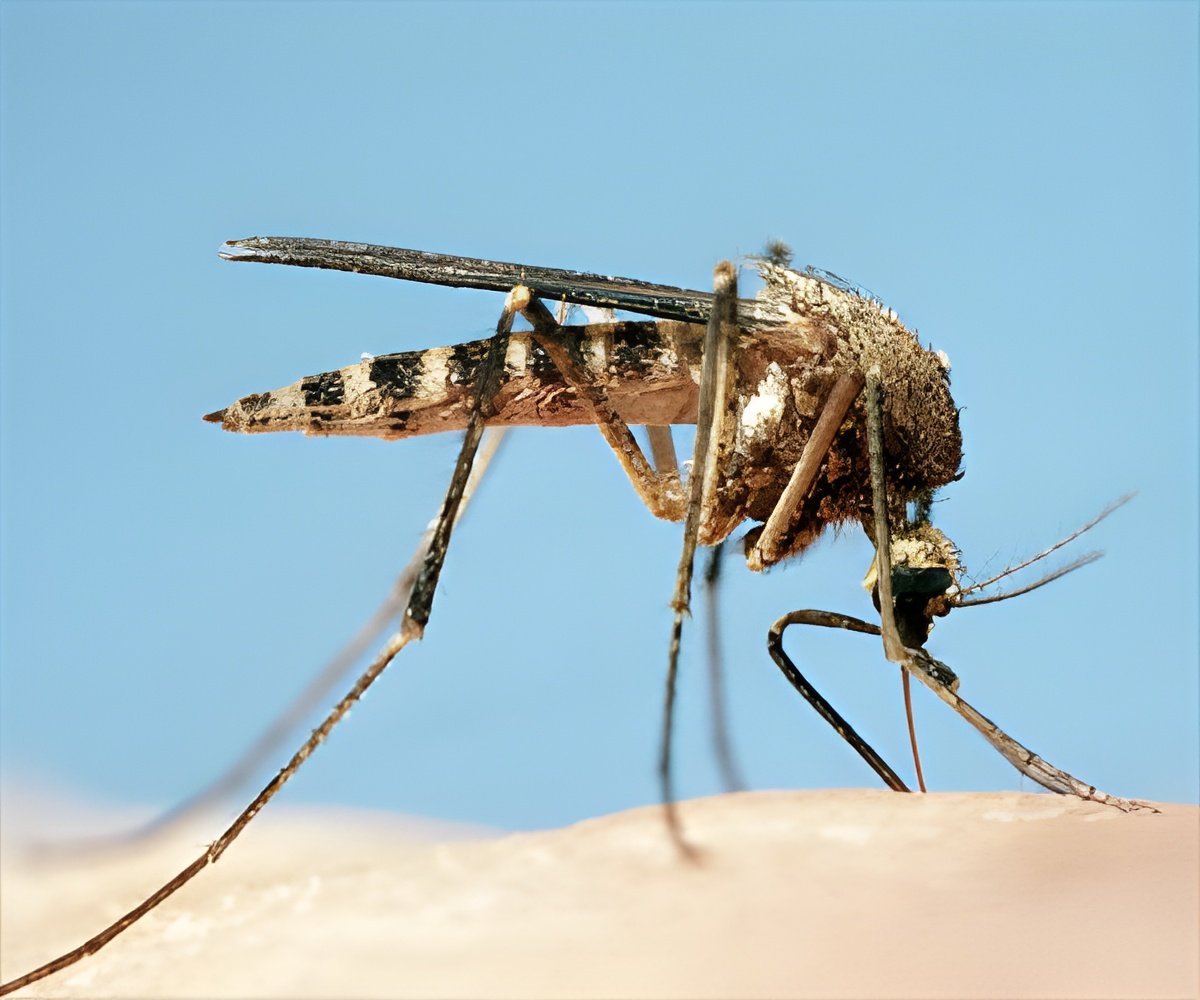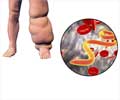New research suggests that bed nets treated with insecticide are a simple and economical way to eradicate filariasis, a mosquito-born tropical disease that threatens 1.4 billion people worldwide.

Lymphatic filariasis, also known as elephantiasis, is caused by a parasitic worm. More than 120 million people suffer from the disease, which has disfigured or disabled about one-third of its victims.
The study "highlights the importance of integrating this type of intervention as a part of the global strategy to eliminate lymphatic filariasis," said James Kazura of Case Western Reserve University School of Medicine, who participated in the research.
In 2002, Kazura published a study on drugs used to combat filariasis in five villages in Papua New Guinea over the course of five years.
The drugs were effective at eliminating the parasite from humans but did not stop its transmission by mosquitoes.
Ten years after the villagers took their last medication, they received free bed nets in a government initiative to fight malaria.
Advertisement
In areas with mosquito problems, bed nets treated with insecticide are commonly used.
Insecticide reduces the mosquito's lifespan by half, meaning they don't live long enough for the parasites they carry to become capable of transmission.
Source-AFP









